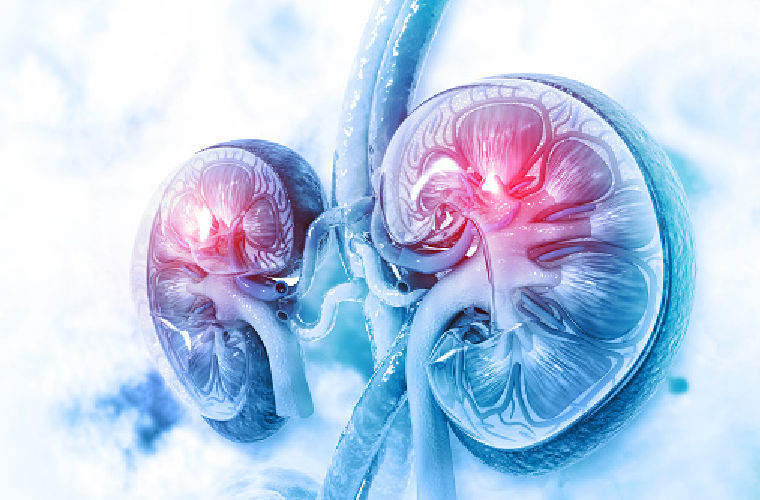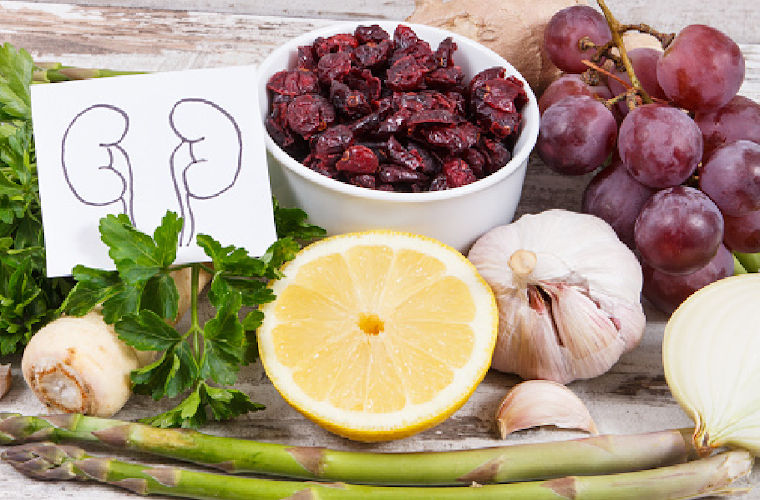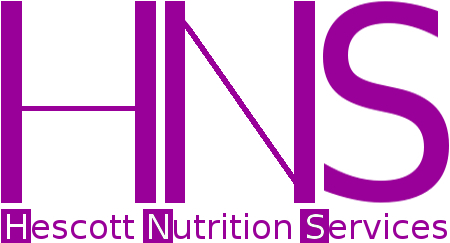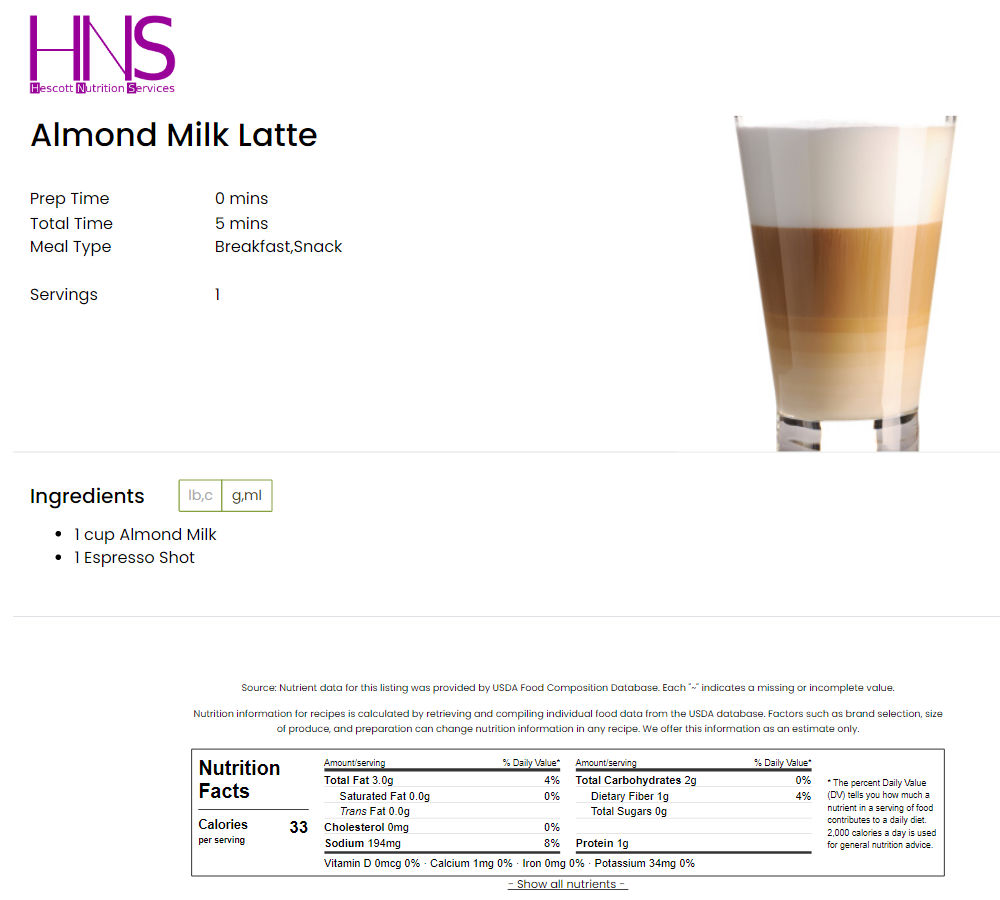.
Welcome to my blog!
.
Chronic Kidney Disease and You
By Hescott Nutrition Services | posted in March, 2022 | Type 2 Diabetes, Heart Disease, CKD, Restful Sleep, Physical Activities, Be Social, Quit Smoking, Anti-Inflammatory Diet, Wellness, Better Health
Chronic kidney disease (CKD) is the gradual decline of kidney function over time. About 37 million adults have CKD (15% of US adults), and millions of others are at risk. Without regular medical check-ups, it is possible to lose 90% of kidney function without noticeable symptoms.
Kidney disease can cause the buildup of extra nutrients, toxins, and fluids in the body, causing you to feel unwell.
There are five stages of CKD. Stage 1 shows kidney damage with normal kidney function, and it progresses through Stage 5, which is kidney failure and requires dialysis or a kidney transplant.
Early detection is key to preventing the progression of kidney disease to kidney failure. This blog will discuss the nutrition management of CKD stages 1-4, otherwise known as pre-dialysis CKD. The appropriate diet and lifestyle changes alongside the right medications will help preserve the remaining kidney function.
The kidneys have multiple functions and play an important role in keeping the body healthy. Everyone has two kidneys, each about the size of a fist, located near the bottom of the ribcage on both sides of the spine.

Did you know they remove waste and toxins from the body, filtering and returning about 200 quarts of fluid back to the bloodstream every 24 hours!
They also help to maintain fluid balance, produce red blood cells and active vitamin D, and release hormones for blood pressure regulation.
What causes kidney disease?
CKD is commonly caused by diabetes or hypertension, which together are responsible for nearly 2/3 of cases. Kidneys are one of many organs in the body that are damaged by diabetes and uncontrolled blood sugar.
Hypertension causes kidney damage by increasing the pressure of your blood against the walls of the blood vessels. In addition to those chronic conditions, glomerulonephritis is the third most common type of kidney disease. This is a group of diseases that cause inflammation and damage to the kidney's filtering units. Inherited diseases like polycystic kidney disease, fetal malformations, or autoimmune conditions like lupus can cause kidney disease as well.
Certain risk factors for CKD include older age, having a family member with CKD, and having African American, Hispanic, Asian, Pacific Islander, and/or Native American ethnicity.
What are the symptoms & diagnosis?
Early CKD has no signs or symptoms, and most people may not have severe symptoms until their kidney disease is more advanced. Some of the early warning signs and symptoms you may notice include:
- Frequent or painful urination
- Swollen eyes, hands, and feet
- Fatigue and lack of energy
- Evening muscle cramps
- Poor appetite
- Nausea and/or vomiting
- Dry, itchy skin
- High blood pressure
- Blood and/or protein in the urine
Diagnosing CKD involves blood tests to measure blood urea nitrogen (BUN) and creatinine. When kidneys are working well, they can remove BUN and creatinine, keeping their levels normal. With kidney disease, these will be elevated. Additionally, the glomerular filtration rate (GFR) will be determined to differentiate the different stages of kidney disease:
- Stage 1 with normal or high GFR (GFR > 90 mL/min)
- Stage 2 Mild CKD (GFR = 60-89 mL/min)
- Stage 3A Moderate CKD (GFR = 45-59 mL/min)
- Stage 3B Moderate CKD (GFR = 30-44 mL/min)
- Stage 4 Severe CKD (GFR = 15-29 mL/min)
- Stage 5 End Stage CKD (GFR <15 mL/min)
Treatment Options
The early stages of CKD (1-4) are typically treated with a combination of diet and lifestyle changes, medication, and adequately managing other health conditions. Treatment will vary based on the CKD stage. Ultimately, the goal is to preserve existing kidney function and delay the progression of kidney failure.
Medications play an important role when it comes to managing CKD, especially when other medical conditions are present. It is important to be aware of the possible nutrient interactions if on the following medications or supplements:
- Vitamin D
- Hypertension Medications
- Iron
- Phosphate binders
- Statins
Nutrition Therapy

In general, nutrition recommendations are similar across the different stages, but restrictions will become more severe as the disease progress. Nutrition recommendations can also vary depending on other co-existing health conditions, like diabetes, hypertension, or high cholesterol.
In general, a balanced, healthy diet is recommended with some restrictions on protein, sodium, phosphorus, and potassium, but these can vary on an individual basis.
Lifestyle Tips

In addition to managing your diet, other lifestyle changes can help slow kidney disease progression.
- Maintain a healthy blood pressure
- Maintain blood sugar management if you have diabetes
- Keep a healthy body weight
- Follow a regular exercise regimen, which helps control blood pressure and blood sugar levels. Aim for at least 30 minutes of activity most days of the week.
- Keep up with doctor visits and take medications as instructed
- Avoid smoking and alcohol consumption
If left untreated, CKD can progress to kidney failure or kidney transplantation. The first approach to delaying the progression of CKD is to get regular doctor's checkups, medication, and supplements, see your dietitian for a kidney eating plan and make lifestyle changes.
In addition to following your doctor's recommendation, start by focusing on eating a well-balanced diet with restrictions to protein, sodium, phosphorus, and potassium. Then layer in lifestyle upgrades like maintaining your blood pressure, blood sugar, healthy weight, following a physical activity program, and avoiding smoking and alcohol.
These changes can be integrated into your day-to-day practices. First, try adding one additional low potassium fruit or vegetable to your day. Then, several times a day at each snack or meal.
For inspiration, try this [Almond Milk Latte recipe] from the .
If you'd like a personalized plan designed to help you delay the progression of CKD and enjoy more of life, consult a registered dietitian-nutritionist who can provide personalized evidence-based nutrition advice for your health, lifestyle, and goals. I can help! Book an appointment with me to see if my service can help you.

